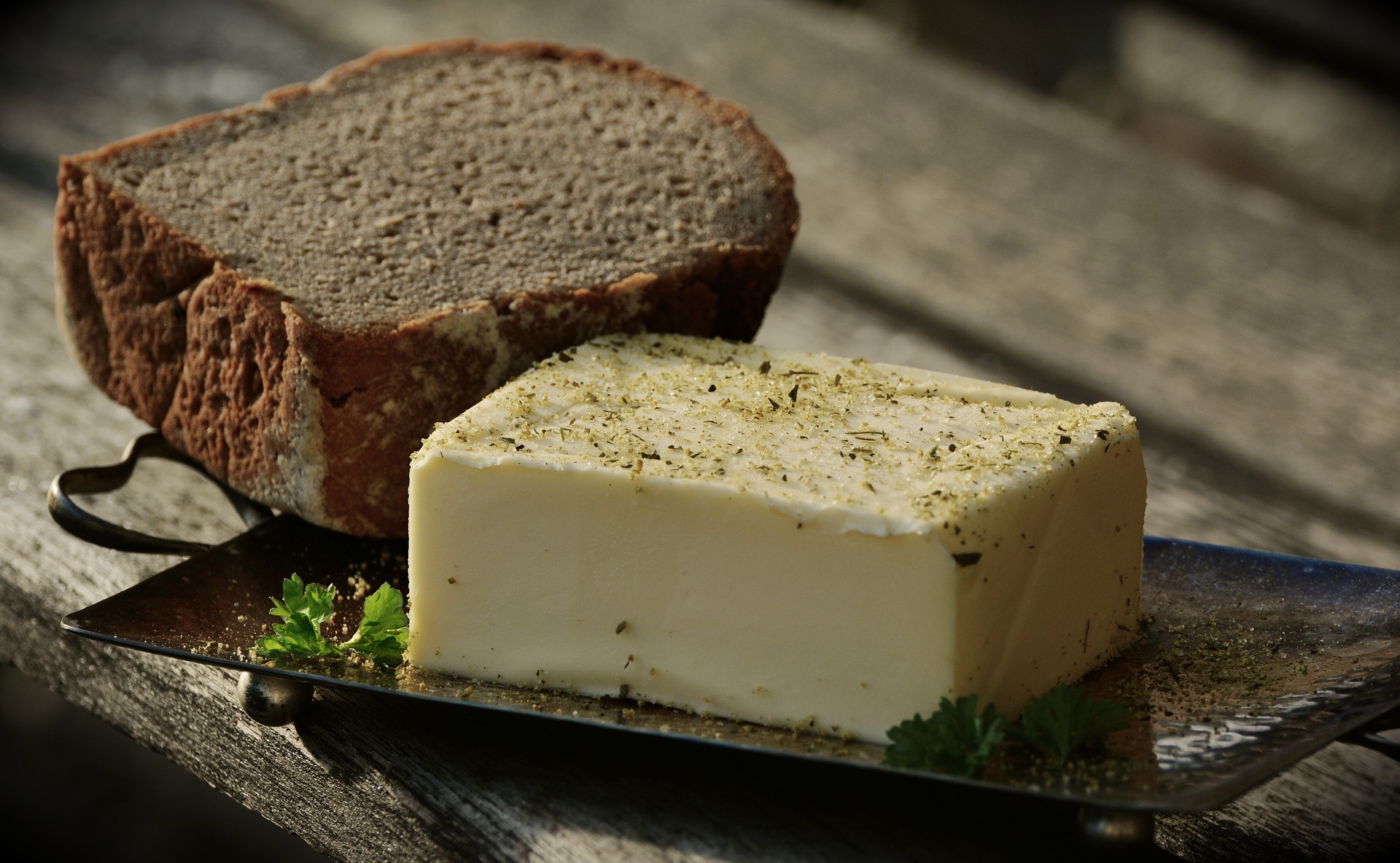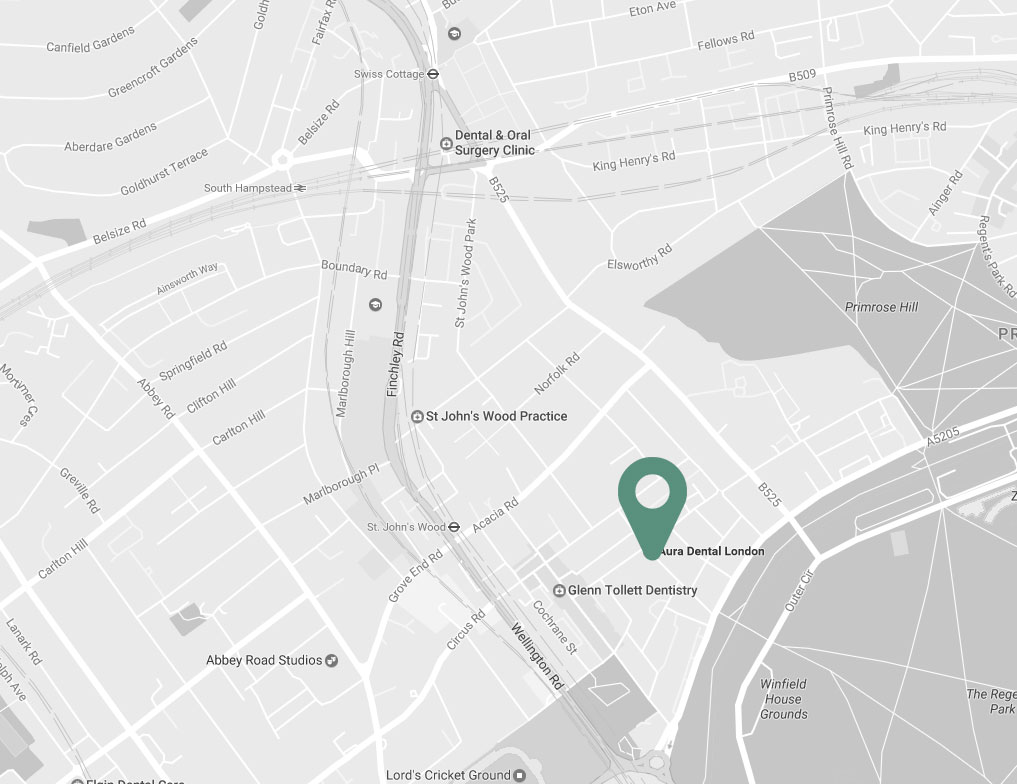
“Eating too much fat is bad for us.” This is logical. Fatty food intake causes a build-up of fat in our arteries, which clog up and gives us heart attacks; and the same fat also builds up in our body and makes us fat. Cholesterol is traditionally seen as one of the worst fats and has been accused of cardiovascular disease.
This is what doctors have been telling their patients since the 1980s – and some still are. However, this is just a story: cholesterol has wrongly become synonymous with heart disease. Some fats in our diet are not only good for us but essential. Cholesterol and other fats are found in every single cell, meaning we can’t survive without fat. The type of fat, of course, that we choose to consume will dictate whether we support health and vitality or not.
Today we know that thinking was oversimplified and wrong. Heart disease is a complex condition that involves not only cholesterol but inflammation, blood sugar, triglycerides, and a host of other factors. The impact of saturated fat on cholesterol is not so simple either. Some forms of saturated fat raise LDL cholesterol, the so-called bad kind. But at the same time, saturated fat raises HDL cholesterol, the protective kind. Saturated fat also has a beneficial impact on the size and density of LDL. It creates large and puffy particles, which are less atherogenic. Sugar, on the other hand, leads to small and dense LDL particles, which create inflammation and plaque in the arteries.
Cholesterol as a marker of disease is not always useful. A total high cholesterol level is usually bad, but keep in mind that cholesterol is made up of both good and bad lipids. In men, it is more useful as a marker than in women, but in the elderly, a slightly high level is protective (against cardiovascular disease and brain deterioration). A much better marker for measuring the number of high-risk lipids is ApoB, which deposits cholesterol in the wrong places and opens channels in the vessels allowing the lipid to form the plaque that causes the damage. It is the place where cholesterol localises, rather than the total amount that matters more, in contrast to what was previously believed.
High cholesterol foods, like eggs, are often wrongly avoided. Keep in mind that 80% of cholesterol is synthesised inside us and only 20% comes from food. Besides cholesterol is essential in making vitamins (vitamin D) and essential hormones.
We are all taught that eating dietary fat leads to accumulation of body fat – that fat that passes through the lips ends up in your hips. Also that dietary fat is to be blamed for the accumulation of plaques in arteries and hence heart attacks. This is far from true. Eating fat doesn’t make you fat and doesn’t cause heart attacks.
1. Body fat and dietary fat are the same, so dietary fat becomes deposited as fat in the body once ingested.
2. All calories are created the same. Since a gram of carbs or proteins contains 4kcal, while a gram of fat contains 9kcal, carbohydrates will keep us leaner than fats. However, a Harvard study showed that fat can speed up metabolism and hence help lose weight, what carbs do not do.
3. Cholesterol leads to blocked arteries and further lead up to heart disease.
The anti-fat campaign that started around the 1950’s in the US but mainly in the last few decades, has deprived us of many nutrients and reduced the diversity of food we are eating. So before you routinely reach for the zero-fat labelled items on the shelf, it would be a good idea to find out more about them. Finally, many decades after spreading misinformation about fats, health authorities are confessing that these ideas were wrong. Fat can be very healthy for our bodies when consumed in moderation and in good form.
A higher fat diet is definitely better for us than a high sugar diet, however the type of fat matters.
Fats, unlike carbs, do not contain glucose hence do not spike our blood sugar levels and trigger the release of insulin, which signals the deposition of fat in our fat cells. Fats do the opposite. They increase our metabolism, which means that more calories are burned. In addition, blood sugar, insulin, triglycerides, and HDL cholesterol (cardiovascular markers) all seem to be better following a high-fat diet as compared to a high-carb diet/low-fat diet. Subjects in such studies also show improved muscle mass following a high-fat diet.
In order to replace the fat content, the food industry has steadily increased sugar levels in processed foods. This has led to dire warnings of sugar being the biggest killer of our times.
Studies have repeatedly shown that fats in our blood that cause heart attacks are the ones that come from eating sugar and carbs, not fat. This occurs because our body literally turns carbohydrates to fat in a process known as de novo lipogenesis, which is most active when one consumes lots of sugar and starch.
Eating the right kind of fats and oils can protect you against weight gain. In fact, randomised controlled trials have shown that a high-fat diet beats out a low-fat diet for weight loss. Eating the right fats burns body fat, boosts your metabolism, improves HDL, lowers triglycerides and is associated with significantly lower risk of heart disease, diabetes, and obesity.
To sum up, a high-fat diet is preferred to a high sugar diet, however, meals need to be balanced and everything should be consumed in moderation. The kind of the fat also plays a big role. Besides, trans and hydrogenated fats, which are the “bad” fats come with high carbohydrates.
It is common sense that anything that is processed, is not the best option. Not only because chemicals are often added to low-fat products, but also sugar is most commonly added to counterbalance for the loss of taste, e.g. dessert yogurts. Also, as mentioned above, full-fat products allow for the absorption of fat-soluble nutrients like vitamins A, D, E, K and hence calcium. The importance of saturated fat is highlighted above.
References
Hyman, M. (2018). Food.
M, S. (2018). Randomised clinical trials on the effects of dietary fat and carbohydrate on plasma lipoproteins and cardiovascular disease. – PubMed – NCBI. [online] Ncbi.nlm.nih.gov. Available at: https://www.ncbi.nlm.nih.gov/pubmed/12566134 [Accessed 18 Jul. 2018].
Masterjohn, C. (2018). Saturated Fat Does a Body Good – The Weston A. Price Foundation. [online] The Weston A. Price Foundation. Available at: https://www.westonaprice.org/health-topics/abcs-of-nutrition/saturated-fat-body-good/ [Accessed 18 Jul. 2018].
Minoura A, e. (2018). Association of dietary fat and carbohydrate consumption and predicted ten-year risk for developing coronary heart disease in a general Japanese pop… – PubMed – NCBI. [online] Ncbi.nlm.nih.gov. Available at: https://www.ncbi.nlm.nih.gov/pubmed/24942790 [Accessed 18 Jul. 2018].
Sinatra ST, e. (2018). The saturated fat, cholesterol, and statin controversy a commentary. – PubMed – NCBI. [online] Ncbi.nlm.nih.gov. Available at: https://www.ncbi.nlm.nih.gov/pubmed/24533611 [Accessed 18 Jul. 2018].
Spector, T. (2016). The diet myth. Clitheroe: Joosr.
Teicholz, N. (2014). The big fat surprise.


| Charlbert St, St John’s Wood London NW8 7BT |
|
| +30 6977 2099 88 | |
| info@naturopathy-med.com |